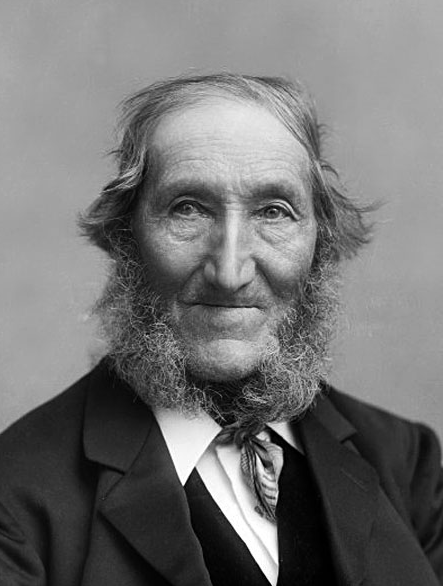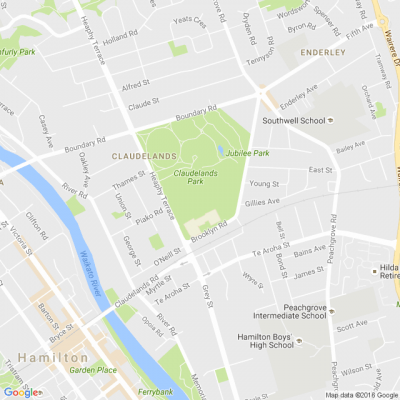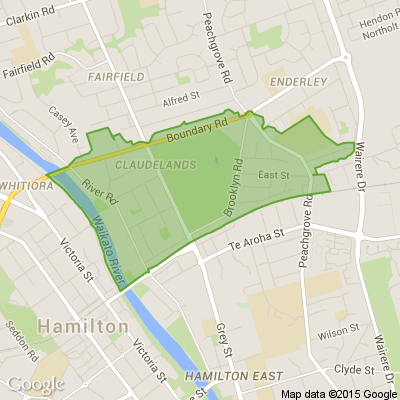Why it is important to you about our Sign Language and the Deaf people?
Have a look at the detail..
Reach out and influence
as many governments as possible to legally fulfill their obligations.
Promote deaf people as unique
in having both perspectives of disability and linguistic minority and that sign language and deaf culture strengthens multilingualism and are means of promoting, protecting and preserving diversity of languages and cultures globally.
Reflect the principles of the CRPD
in its recognition of sign languages as equal to spoken languages. Sign languages are fully-fledged natural languages, structurally distinct from spoken languages, alongside which they coexist.
Emphasise sign language as a critical prerequisite
to the full realisation of human rights for deaf people. Early access to sign language and services in sign language, including quality education available in sign language, is vital to the growth and development of the deaf individual and critical to the achievement of the internationally agreed development goals.
Stress “Nothing about us, Without us”
when working with Deaf Communities, the principle ‘Nothing about us, Without Us’ must be integrated.
Jean
Feeling Smart? Prove It with Today’s Tricky Riddle!
What is there one of in every corner and two of in every room?
Do you think you know the answer to our daily riddle? Don't spoil it for your neighbours! Simply 'Like' this post and we'll post the answer in the comments below at 2pm.
Want to stop seeing riddles in your newsfeed?
Head here and hover on the Following button on the top right of the page (and it will show Unfollow) and then click it. If it is giving you the option to Follow, then you've successfully unfollowed the Riddles page.

What workplace change would you like to see most?
This coming Monday is Labour Day in New Zealand. This public holiday marks when the eight-hour workday and 48-hour workweek became law in 1899. The idea started with Samuel Parnell, a carpenter in Wellington, who in 1840 refused to work more than eight hours a day. Since skilled workers were in short supply, his employer had to agree.
As more skilled workers arrived, employers tried to change working conditions, but Parnell and others kept pushing for better rights. In 1890, Parnell led a Labour Day parade of 1,500 people to promote the eight-hour day. He passed away shortly after, and nine years later, Labour Day became an official public holiday.
Do you feel that we have reached the ideal in working environments yet? What rights are you passionate about relating to employment? Share your thoughts!

What's your favourite recipe for gooseberry?
Love gooseberries? Share your favourite way to enjoy them. We're looking for our readers' favourite family recipes for this delicious crop. Send yours to mailbox@nzgardener.co.nz, and if we use it in the magazine, you will receive a free copy of our December 2024 issue.







 Loading…
Loading…















